LIFESTYLE
Bestselling Author Colleen Hoover Courts Controversy With Themes of Trauma and Abuse
Published
8 months agoon
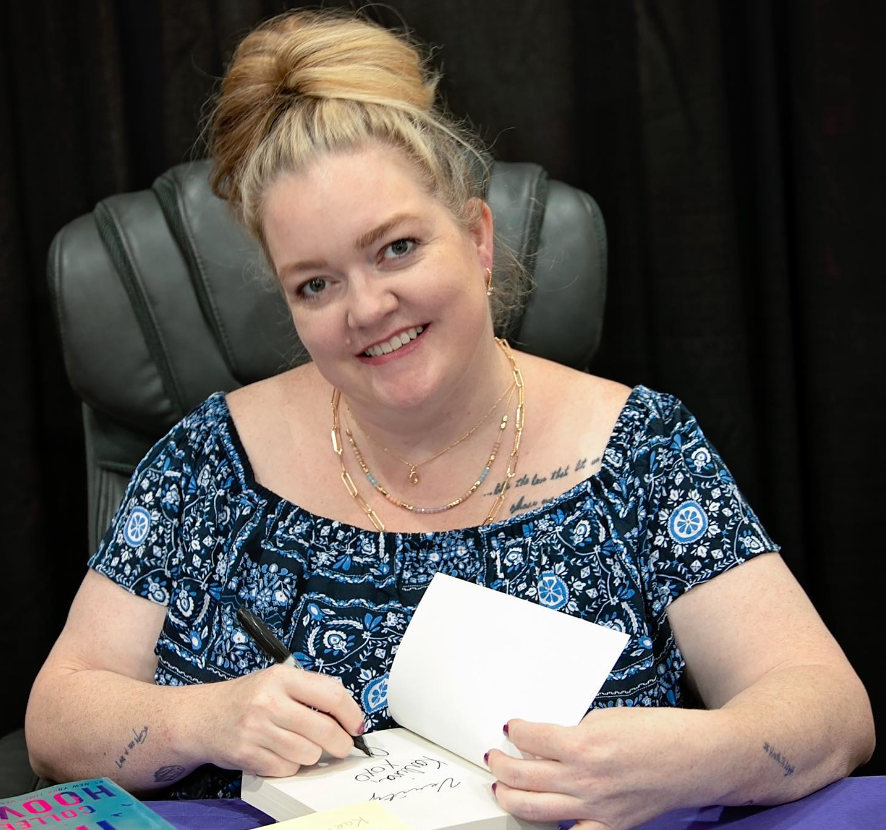

More From Lifestylogy
-


Super Bowl Luxury Suite, Heres all the food and beverage…
-
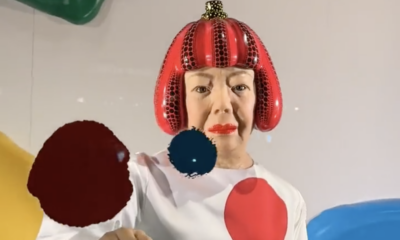

Robot Yayoi Kusama Paints On Window Of Louis Vuitton Store…
-


NYC – Large Scale Interactive LED Installation reacts to everything…
-


Kites Take To The Sky At Qatar Kite Festival at…
-


Vaper Expo UK Features Cloud Blowing Competition (10/29/23)
-


3-Year-Old Unwraps All Of His Family’s Christmas Presents During Early…
-
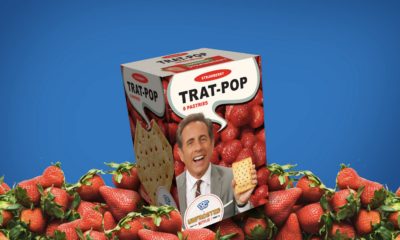

Pop-Tarts Celebrates ‘Unfrosted’ Film With Jerry Seinfeld And Limited-Edition Boxes
-
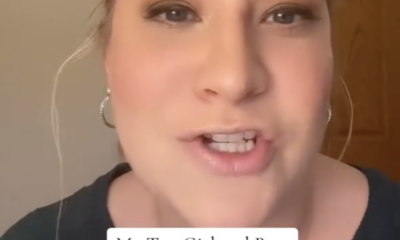

Professional Name Consultant Shares Predictions For Top Name Choices For…
-


Different Scenes/Thriller 50th NYCs Village Halloween Parade 2023 From 10/31/23.


Fortnight Performance At Taylor Swift Eras Tour Paris Night 1: Replaces Evermore’s Tolerate It In Set List (5/9/24)
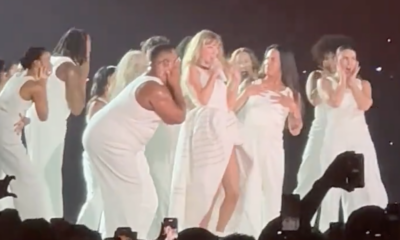

But Daddy I Love Him Performance At Taylor Swift Eras Tour Paris Night 1: Featuring Lyrics I’m Having His Baby. No, I’m Not, But You Should See Your Faces! (5/9/24)


Taylor Swift Eras Tour Paris Night 1: Performs TTPD’s Who’s Afraid Of Little Old Me? On Moving Platform (5/9/24)


16 Prediabetic Snacks You Can Enjoy Guilt Free – and 9 You Should Absolutely Avoid
Navigating snack choices can be particularly challenging for those managing prediabetes, as it’s crucial to find options that help maintain...